Mozambique: Mueda administrator confirms restrictions on movement in the district - report
Mozambique: Police Association calls for close community ties
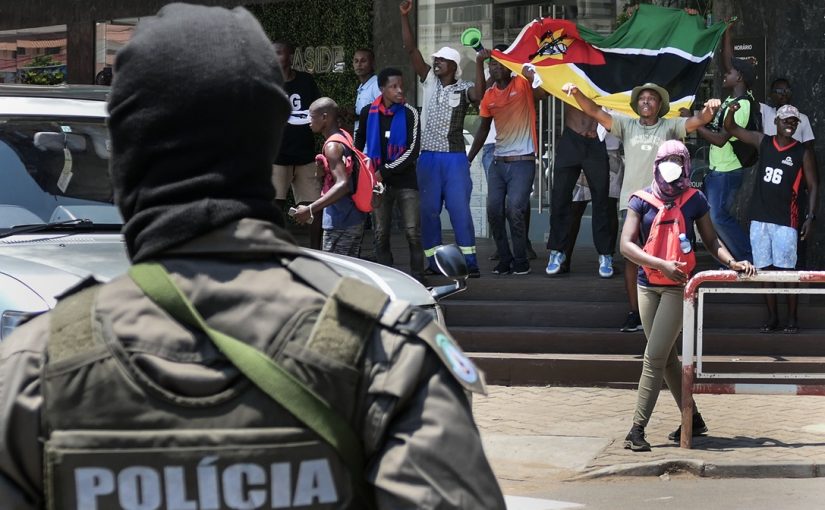
FILE - For illustration purposes only.. [File photo: Lusa]
The Mozambican Police Association is pressing for an urgent rapprochement between the corporation and communities, saying that the authorities have been tested by the demonstrations blighting the country over the last three months.
“It is urgent that the police leave the office and go into the community, to make the communities understand what policing is and how important it is. To try to restore trust. (…) There is a nervousness within the police force at the moment. This nervousness is the result of the fact that police action is currently being hampered,” association president Nazário Muanambane told Lusa.
The cause is a climate of strong social unrest that Mozambique has been experiencing since October, with street protests almost always culminating in violent clashes between the police and demonstrators. In addition to leaving a trail of destruction, these have caused more than 300 deaths and seen hundreds of gunshot wounds inflicted across the country, according to Mozambican civil society.
For Nazário Muanambane, the manner of the protests has caused “nervousness” in the force, saying that the Mozambican police are currently facing a test, with leaders in the force demanding a stance that is sometimes contrary to the interests of the communities, although Muanambane admits that there have also been excesses on the part of the population.
“What society wants is respect for people’s freedoms, but these freedoms end up going beyond their limits. (…) For example, a police officer was recently stoned to death. When this officer’s colleagues see this, what reaction will they have?” he asked.
According to Nazário Muanambane, there is a tendency in Mozambique to view the police as “an instrument of the party in power”, but the officers face the same challenges as the community.
“The problems that ordinary citizens face are the same as those that police officers face – the cost of living, the problems with transport, these are the same problems. Police officers live in the community,” Muanambane notes.
Muanambane now advocates the police getting closer to the communities, but he also condemns an alleged lack of responsibility on the part of Mozambican political stakeholders, who end up “encouraging violence”.
According to data provided by former police commander-general Bernardino Rafael on January 27, at least 17 police officers have died and 187 been injured during the demonstrations, which led also to the destruction of 77 district police stations.
Mozambique has been experiencing a climate of social unrest since October of last year, with demonstrations and strikes called, at first, by former presidential candidate Venâncio Mondlane, who rejects the election results that gave victory to the Mozambique Liberation Front (Frelimo) candidate, Daniel Chapo.
Smaller-scale protests are still taking place in different parts of the country with people, in addition to contesting the October 9 election results, protesting the rising cost of living and other social problems.
Since October, at least 327 people have died, including around two dozen minors, and around 750 have been shot during the protests, according to the electoral platform Decide, a non-governmental organization that monitors electoral processes in Mozambique.


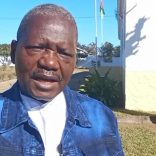
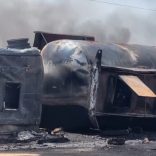
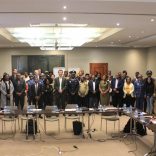
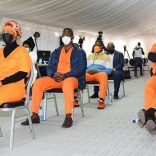






Leave a Reply
Be the First to Comment!
You must be logged in to post a comment.
You must be logged in to post a comment.